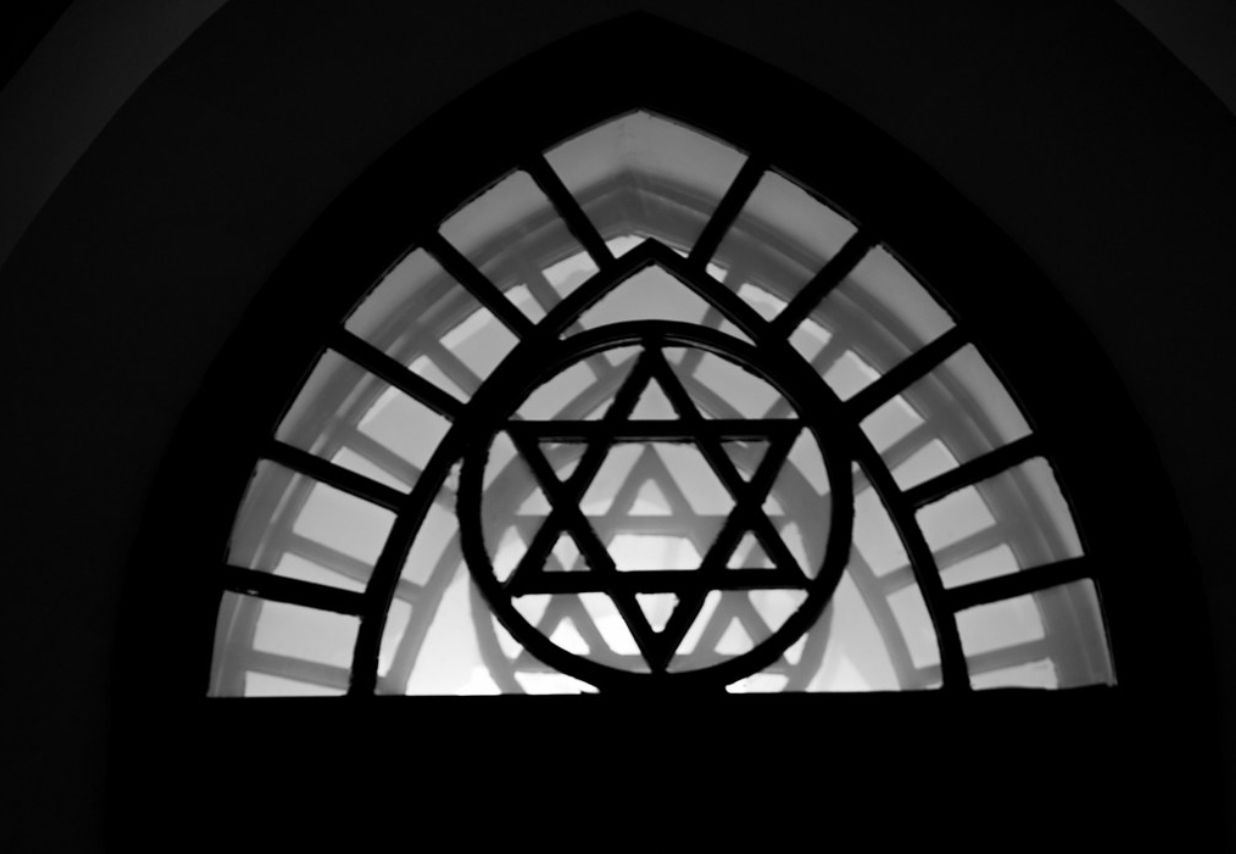
In his three years of life, Yechiel Zeev Mergui’s mocha-colored hair had never met a scissor’s blades. The untouched strands — uniform in length, not yet growing peyot, or sidelocks — still told the story of when he first entered the world.
On a Sunday afternoon in Forest Hills, Queens, with the last rays of sun scattering through the gray clouds, the Mergui family and their closest friends, family, and Chabad-Lubavitch community members gathered in the ballroom of Young Israel Synagogue at 7100 Yellowstone Boulevard to celebrate Yechiel’s Upshernish, or “hair-cutting” on his third birthday, according to the Hebrew calendar. With this ceremonial haircut, his peyot would now be visibly distinct from the rest of his hair.
Peyot represent maturing of a Jewish male’s religious education — similar to fruits growing on a tree. Just like a tree is bare of fruits in its first three years, so too is a Jewish child who has not yet begun their formal education. TheTorah compares man to a tree, often comparing trees to Jewish education. Yechiel’s mother designed the centerpieces of each table to resemble a tree on top of emerald tablecloths where white plates adorned with golden accents were neatly placed at each seat– emerald and gold, the two prominent colors splashed throughout the room’s decor.
Greetings of “Shalom” and “Mazel Tov” echo throughout the room as guests begin to stream into the ballroom to enjoy each other’s company and await the coming-of-age ritual that so many Jewish boys have observed. The celebration has all the trappings of any young child’s dream birthday party; a coloring station, children running all around, and a table filled with sweets.
Before the Upshernish began, the men joined in their daily afternoon prayer. Promptly, after the prayer concluded, the guests began to fill their plates with fresh bread, pita, hummus, pasta, salmon— a decadent spread of choices for those lining the buffet. As stomachs began to fill over the course of socializing, and trips for seconds became less frequent, the event began with a blessing.
A long table sat facing the guests where Yechiel’s father, Rabbi Mergui, and grandfather sat. His mother gathered her son and placed him in a chair behind the table.
Rabbi Mergui’s parents traveled from France to witness this ceremony. Now that Yechiel had entered his fourth year, like a tree, his fruit was ready to be collected. Each strand cut is a collection of these fruits.
First to cut his hair was his grandfather. While Rabbi Mergui held the piece, his own father slowly cut the first strand from the back of his son’s head. There was nothing hurried in his movement; every second seemed to be filled with intention. Rabbi Mergui cut the next piece from Yechiel’s head. For a moment, the line between grandfather and grandson, father and son, Rabbi and student seemed to blur.
“My father is a father, so he has the first honor to cut,” the Rabbi later said. “After that — myself.”
Family and friends were called up one by one to cut Yechiel’s hair, as the boy tended to his piece of chocolate cake.
Rabbi Mergui sees this event as a finale to his son’s last three years, but also as the end of a cycle for the world. He draws this parallel as Yechiel was born around the time that the coronavirus began.
